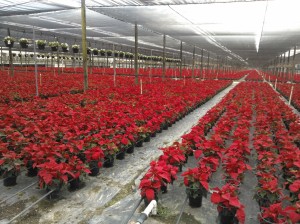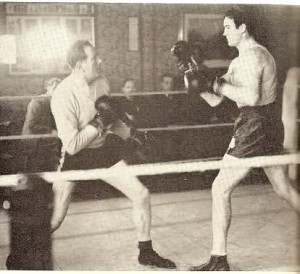SynBio LEAP - building the future
SynBio LEAP: building the future of synthetic biology
I have been selected as one of 2015’s Synthetic Biology LEAP Fellows!
LEAP is designed to develop leaders from the ranks of communicators, scientists, ethicists, industry and do-it-yourselfers invested in the promise, potential, and impact of synthetic biology. I’m pleased to see folks I know as fellow LEAP Fellows—people like Mike Koeris from Sample 6, who is focusing on how to make the future safer, Camille Delebeque from SynBio Consulting, who thinks deeply about complicated questions of policy and science, and Edward Perello who is working to integrate the computer and the wetlab.
I’m also excited to meet those synthetic biology people that I haven’t yet connected with. Scientists like Nicola Patron for example, who in addition to her research has made a brilliant kit for plant transformation via Addgene. Scientist Lalitha Sundaram, who has a passion for biosensors and how it can impact the most poorly served communities. Using biotechnology to improve life across the globe is a passion she shares with Bill Gates, who focuses on agricultural biotechnology in his latest letter.
The world in plants. Click to visit Crop Life’s Biotech Plant Development page for an exceptionally well done description of plant biotechnology
Another Fellow, Cameron Keys, has spent years focusing on the impact of collaboration between social and natural scientists. I’m fascinated to hear what he’s learned about the way this partnership both shapes the actual scientific experiments and the way we share them. After the January NAS interface conference on communicating complex technologies like GMOs, I think we need as much of this collaboration as we can get.
 Meet all the 2015 SynBio LEAP fellows! They’ve all got amazing stories.
Meet all the 2015 SynBio LEAP fellows! They’ve all got amazing stories.
While I can’t list everyone here, I encourage you to take to learn more about the 2015 SynBio LEAP Fellows. The participants are more than just our jobs or our research. We are interested in the impact of synthetic biology, both as a tool that can begin to be of use now, and more importantly, a tool that can allow us to develop a society that is quite literally sustainable – one where we grow the things we need for the quality of life we want. LEAP fellows are working towards a world where that is possible, and that means both building scientific tools and building a strong ethical foundation for the future.
So what is my vision? I see a beautiful future. Biotechnology is more than a lofty intellectual concept, it is more than a grand plan for some distant future, and it is certainly not limited to large companies with massive corporate empires. Biotechnology can be beautiful. I’m really pleased to be able to bring my vision to LEAP next week & work on building a more beautiful future with these incredible people!



